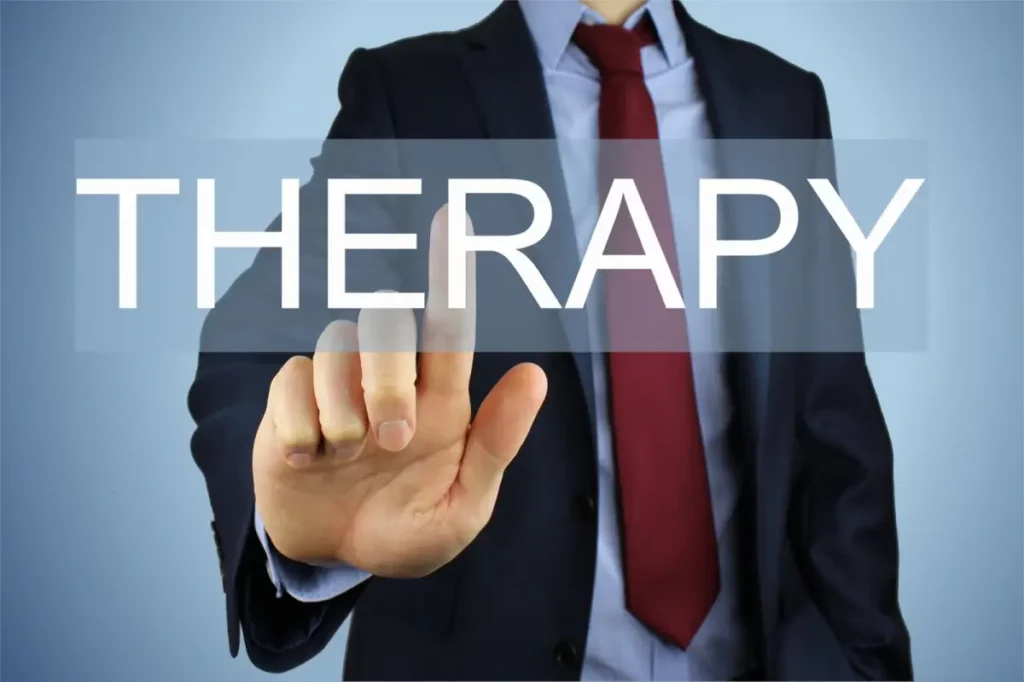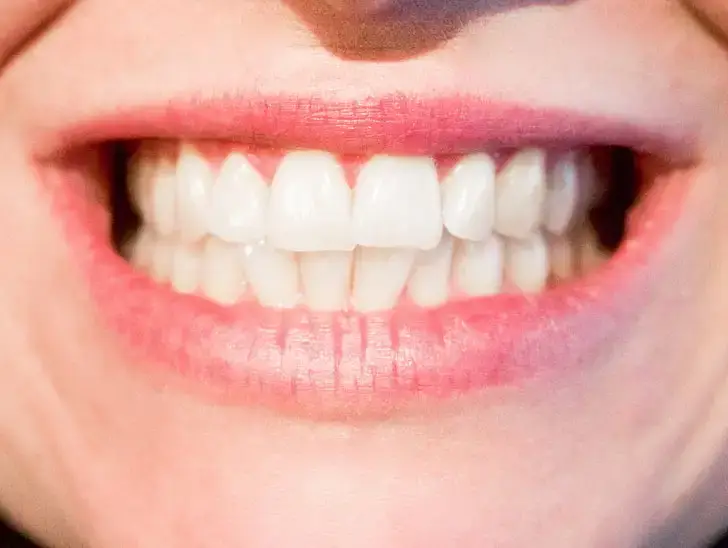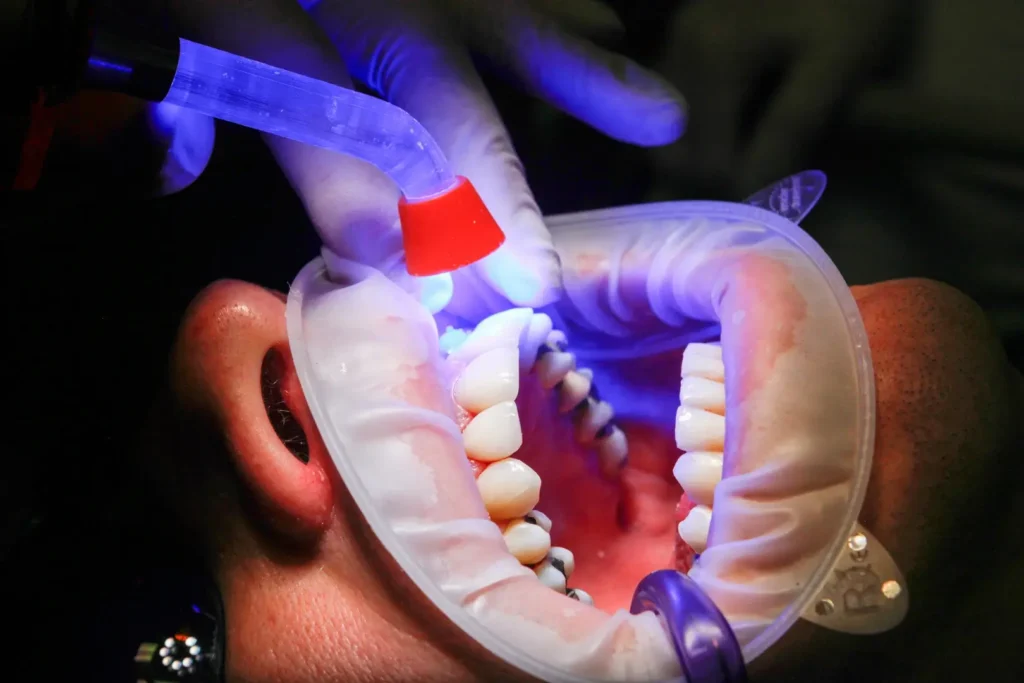Ketamine therapy is a novel and promising treatment for depression, PTSD, anxiety, and other mental health conditions. It involves administering ketamine, a dissociative anesthetic, in low doses under medical supervision to induce a state of altered consciousness that may facilitate psychological healing. However, ketamine therapy is not for everyone. Some people may not benefit from it, or they may experience harmful effects from it. In this article, we will explore who is not a good candidate for ketamine therapy, and what are the possible alternatives for them.
Who is not a good candidate for Ketamine Therapy?
According to the web search results, some people who may not be a good candidate for ketamine therapy are:
- Children under the age of 18
- Pregnant or breastfeeding women
- Those with a history of psychosis or a family history of schizophrenia
- Patients with cardiovascular disease or high blood pressure
- Those with a history of substance abuse or addiction
Ketamine therapy may have side effects such as increased heart rate and blood pressure, nausea, dizziness, dissociation, and hallucinations. Therefore, it is important to consult with a licensed medical professional before starting ketamine therapy and to follow the safety protocols and guidelines provided by them. Ketamine therapy is not a cure-all, and it may not work for everyone. There may be other alternatives available, such as psychotherapy, medication, or other forms of treatment.
Risks of ketamine therapy
There are some risks associated with ketamine therapy. According to a study, some of the possible short-term and long-term effects of ketamine therapy are:
- Increased heart rate and blood pressure, nausea, dizziness, dissociation, and hallucinations
- Impaired memory, cognition, and learning
- Bladder inflammation, ulceration, and fibrosis
- Psychological dependence and addiction
Therefore, it is important to consult with a licensed medical professional before starting ketamine therapy and to follow the safety protocols and guidelines provided by them. Ketamine therapy is not a cure-all, and it may not work for everyone. There may be other alternatives available, such as psychotherapy, medication, or other forms of treatment.
Alternatives for ketamine therapy
Ketamine therapy is not a cure-all, and it may not work for everyone. There may be other alternatives available, such as other drugs, oral ketamine treatment, or brain stimulation techniques. These alternatives may have different mechanisms of action, efficacy, safety, and availability than ketamine therapy. Therefore, it is important to consult with a licensed medical professional before starting any of these treatments and to weigh the benefits and risks of each option. Some of the possible alternatives for candidates who are not good for ketamine therapy are:
- Other drugs that act like ketamine but without the potential for abuse or psychotic effects, such as L-655,708.
- Oral ketamine treatment may have fewer side effects and lower costs than intravenous ketamine infusions.
- Brain stimulation techniques, such as electroconvulsive therapy (ECT), repetitive transcranial magnetic stimulation (rTMS), vagus nerve stimulation (VNS), magnetic seizure therapy (MST), and deep brain stimulation (DBS).
These alternatives may have different mechanisms of action, efficacy, safety, and availability than ketamine therapy. Therefore, it is important to consult with a licensed medical professional before starting any of these treatments and to weigh the benefits and risks of each option.
Conclusion
In this article, we have discussed who is not a good candidate for ketamine therapy, and what are the possible alternatives for them. Ketamine therapy is a novel and promising treatment for depression, PTSD, anxiety, and other mental health conditions. It involves administering ketamine, a dissociative anesthetic, in low doses under medical supervision to induce a state of altered consciousness that may facilitate psychological healing. However, ketamine therapy is not for everyone. Some people may not benefit from it, or they may experience harmful effects from it. These include children, pregnant or breastfeeding women, and those with a history of psychosis, cardiovascular disease, or substance abuse. Ketamine therapy may have side effects such as increased heart rate and blood pressure, nausea, dizziness, dissociation, and hallucinations. It may also impair memory, cognition, and learning, and cause bladder problems and addiction. Therefore, it is important to consult with a licensed medical professional before starting ketamine therapy and to follow the safety protocols and guidelines provided by them. We hope this article has helped you understand more about ketamine therapy and its suitability for different candidates.
be sure to check out the rest of our Website. You’ll find tons of great information that can help you out!
Thank you for reading.






